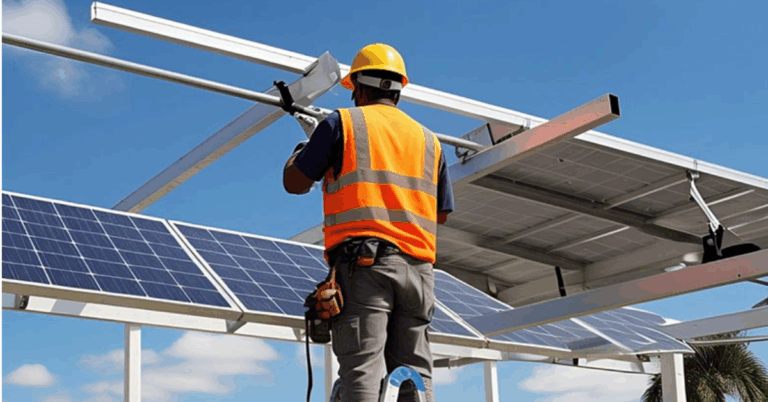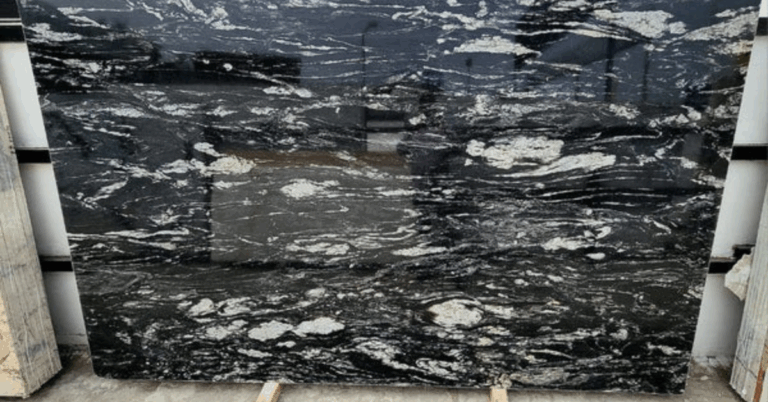Choosing the Right Hardscape Contractors for Your Outdoor Space
Hardscaping is an essential component of landscape design, focusing on the non-living elements such as patios, walkways, retaining walls, and decorative stonework. Professional Hardscape Contractors help transform outdoor spaces into functional, visually appealing environments.
Benefits of Hiring Professional Hardscape Contractors
Expertise and Craftsmanship
Experienced contractors bring knowledge of materials, design trends, and construction techniques, ensuring high-quality results.
Enhanced Property Value
A well-designed hardscape adds curb appeal and increases the market value of your property.
Improved Outdoor Functionality
Hardscaping creates usable outdoor spaces for relaxation, entertainment, and recreation.
Long-Lasting Durability
Using the right materials and construction methods ensures that hardscaping features withstand weather conditions and long-term use.
Popular Hardscaping Features
Patios and Decks
A well-designed patio or deck extends your living space and provides an area for gatherings and outdoor dining.
Walkways and Pathways
Paved paths add charm and accessibility to gardens, yards, and commercial landscapes.
Retaining Walls
These structures help prevent soil erosion, enhance garden aesthetics, and provide functional seating options.
Driveways and Parking Areas
High-quality paving solutions improve accessibility and enhance the property’s overall look.
Outdoor Kitchens and Fire Pits
These features create a cozy and inviting outdoor atmosphere, perfect for entertainment.
Choosing the Right Hardscape Contractor
Experience and Portfolio
Review the contractor’s past projects and expertise in hardscape design and installation.
Licensing and Insurance
Ensure the contractor is licensed and insured to protect against potential liabilities.
Material Selection
A good contractor should offer various material options, such as pavers, natural stone, concrete, and brick.
Customer Reviews and Testimonials
Look for positive feedback and recommendations from previous clients to gauge the contractor’s reliability.
Hardscape Installation Process
Consultation and Design
The process begins with understanding your vision, needs, and budget constraints.
Site Preparation
The contractor prepares the site by clearing debris, grading the land, and ensuring proper drainage.
Material Selection and Construction
High-quality materials are chosen and installed according to the design specifications.
Final Inspection and Maintenance Tips
After installation, the contractor will ensure everything meets quality standards and provide maintenance guidance.
Common Hardscape Maintenance Tips
Regular Cleaning
Keep surfaces clean by removing dirt, leaves, and debris.
Sealing and Repairs
Apply sealants to protect surfaces and repair cracks to maintain durability.
Drainage Management
Ensure proper water drainage to prevent erosion and structural damage.
Frequently Asked Questions (FAQs)
How much does hardscaping cost?
Costs vary based on design complexity, materials used, and project size.
How long does hardscape installation take?
Most projects take a few days to a few weeks, depending on scope and weather conditions.
What materials are best for hardscaping?
Popular options include pavers, concrete, natural stone, and bricks, each offering unique aesthetic and functional benefits.
Can hardscaping help with drainage issues?
Yes, features like retaining walls and permeable pavers assist in water management and prevent erosion.
Do I need a permit for hardscape projects?
Some projects require permits, so check local regulations before beginning construction.
Conclusion
Hiring professional hardscape contractors ensures durable, aesthetically pleasing outdoor spaces. By choosing an experienced provider, you can achieve a functional and visually appealing landscape tailored to your needs.







